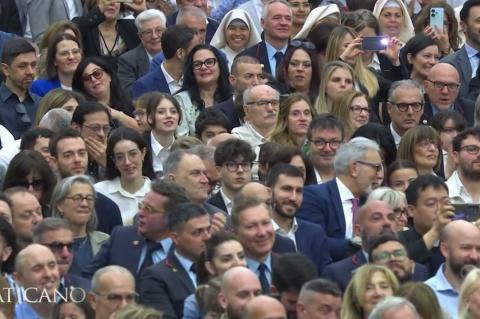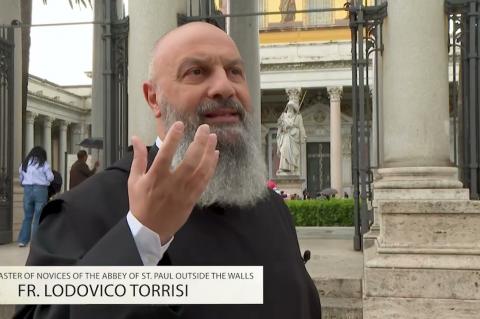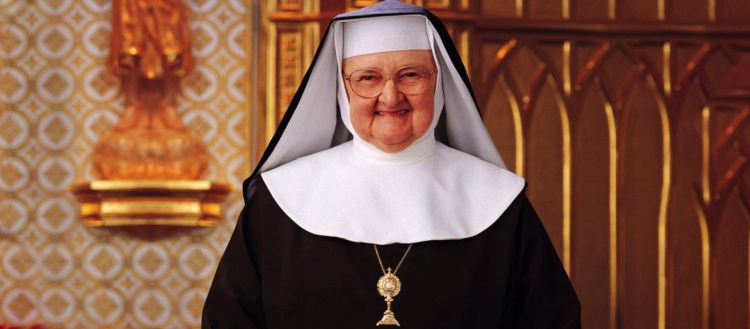Vatican A.I. – The Church and New Technology | Vaticano
Vatican Takes Action on Artificial Intelligence: "Must Be Grounded in Church's Moral Teaching"
In October, the Vatican gathered experts from around the world to discuss artificial intelligence (AI) and its implications for the Church and society. The conference, hosted by the Pontifical Academy of Social Sciences, emphasized the importance of anchoring AI development in the Church's ethical and moral teachings.
Technology Meets Theology
"AI is such an emerging technology that's changing almost week to week," says Sean Graber, EWTN's Chief Digital Officer. "Media companies, including ourselves, are grappling with how to best leverage this technology."
Deep within the Vatican Gardens, in a beautiful old palazzo, experts from various fields convened to discuss how new technology will impact the Church and society.
Educational Challenges
Aaron Dominguez, Provost of the Catholic University of America, points out that AI provides new opportunities for both students and faculty: "It's a new, very powerful tool for both teaching and research." However, he warns against challenges such as students' increasing reliance on AI-generated content.
Evangelization in a Digital Age
"We have a responsibility to share the good news and communicate what's happening in the Church around the world," says Graber. "AI can accelerate this work, but we must be cautious in its use."
Alexis Houghey from the Catholic Institute of Technology emphasizes the need for individuals with both technical and theological expertise: "We need more people who are deeply technically trained but who also have formal training in ethics, philosophy, and theology."
The Path Forward
The conference concluded that AI can streamline the Church's daily operations and reach more people with Church teachings. However, participants emphasized the importance of preserving human judgment in the process.
"AI can seem magical, but it's really just feigning the kind of logic and understanding that we as humans have," Graber warns. "The Church has a unique opportunity to provide ethical guidance on these questions."






